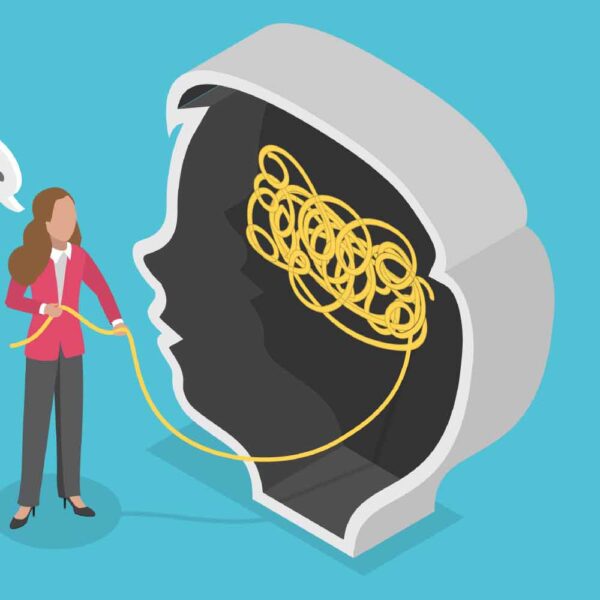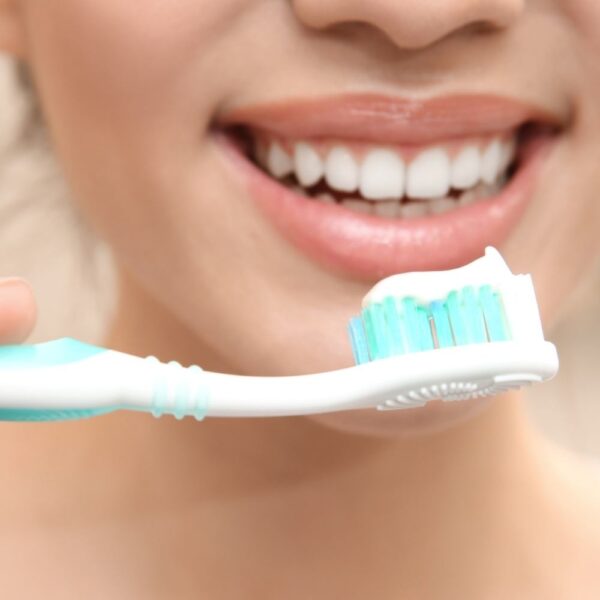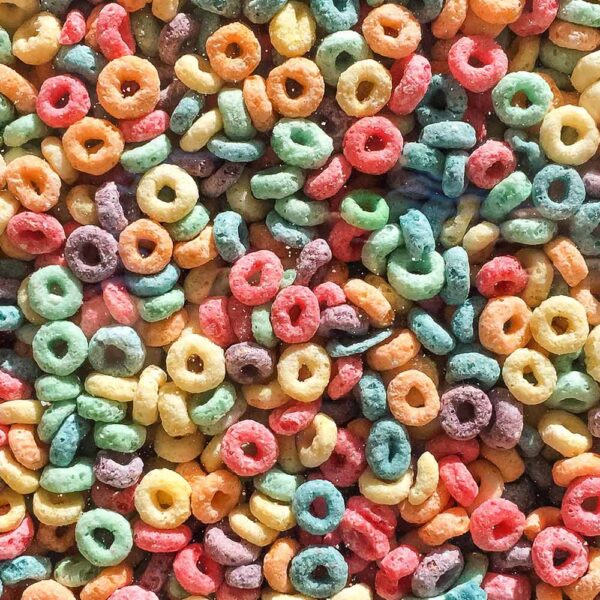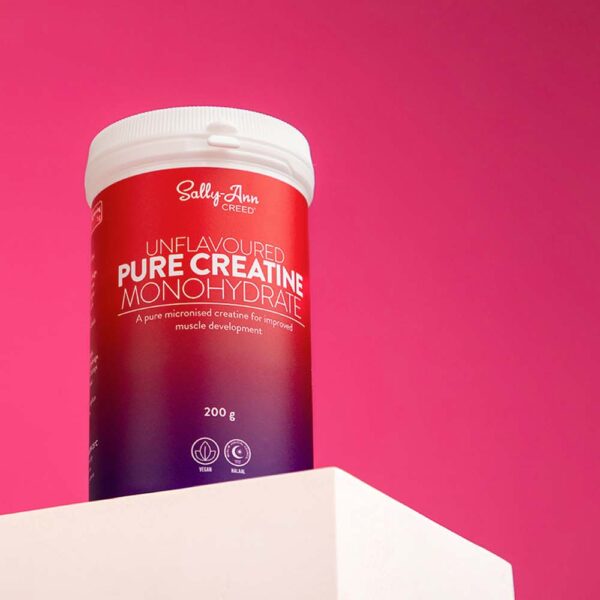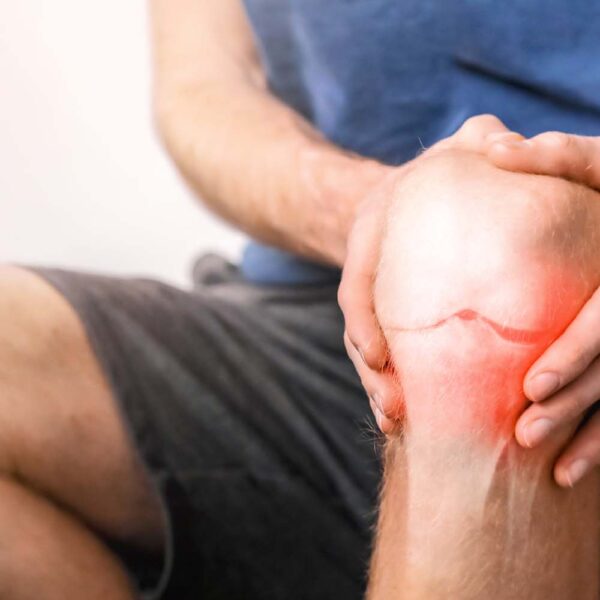Vitamin D is a fat-soluble vitamin used by the body for normal bone development and maintenance by increasing the absorption of calcium, magnesium, and phosphate. A severe Vitamin D deficiency can lead to rickets in children and osteomalacia in adults. Sadly, Vitamin D deficiency is still widely prevalent in both developed and developing countries, and is associated with osteoporosis, increased risk of falls and fragility fractures. Many conflicting recent studies are now showing an association between vitamin D deficiency and cancer, cardiovascular disease, diabetes, autoimmune diseases, and depression.
Symptoms:
- Fatigue
- Not sleeping well
- Bone pain or achiness
- Depression or feelings of sadness
- Hair loss
- Muscle weakness
- Loss of appetite
- Getting sick more easily
- Pale skin
5 foods naturally high in vitamin D:
- Fatty fish like salmon, trout, tuna and mackerel
- Canned fish like herring and sardines
- Egg yolks
- Beef liver
- Fish liver
5 vitamin D fortified foods:
- Breakfast cereals
- Milk
- Almond milk
- Soy milk
- Orange juice
Get vitamin D from sunlight
When your skin is exposed to ultraviolet rays from the sun, your body creates vitamin D. While you’re enjoying the sun, 7-dehydrocholesterol in the skin absorbs UV B radiation and is converted to previtamin D3 which in turn isomerizes into vitamin D3.
Make time daily to get out in the sun. If you don’t have classes, office work or commitments scheduled that require you to go outside for the day, set aside a few minutes to take a quick walk, even if it’s just around the block. Even just 10 minutes per day will be enough to elevate your Vitamin D3 levels naturally. Wear a hat if it’s very hot, and enjoy your free natural vitamin D3.
Remember that sunscreen will drop your body’s ability to create vitamin D3, so if you don’t get regular sunlight, you may need to increase your dietary intake or take a vitamin D supplement.
Take a vitamin D supplement
Vitamin D has two main forms: D2 and D3. You can absorb both types in your body. Still, studies have shown that vitamin D3 raises your levels more effectively than vitamin D2.
The recommended dietary allowance of vitamin D for young adults is 600-1000 iu (international units). A doctor may prescribe a prescription-strength dose of vitamin D if your levels are severely low.
Are vitamin D supplements safe?
Yes. A vitamin D supplement doesn’t cause many adverse effects at recommended doses. What you don’t use, your body usually urinates out, so it’s difficult to overdose on vitamin D unless you are taking massive doses.
Prolonged supplementation with extremely high vitamin D levels is harmful and can cause nausea, vomiting, confusion, excessive thirst and kidney stones. Vitamin D supplements can interact with certain medications, so check with your doctor before starting one.



